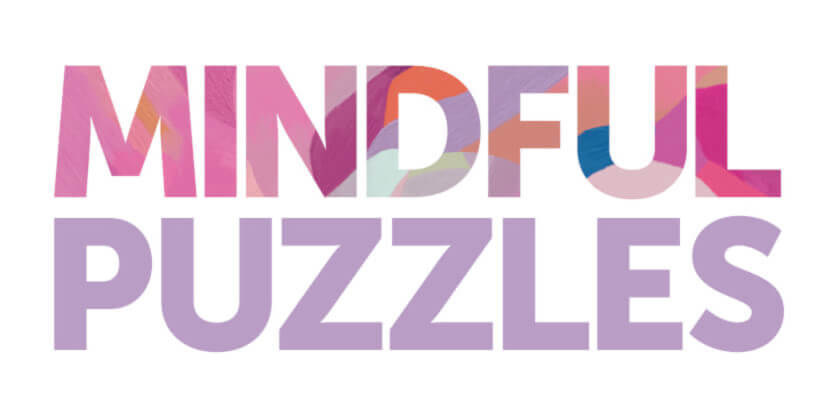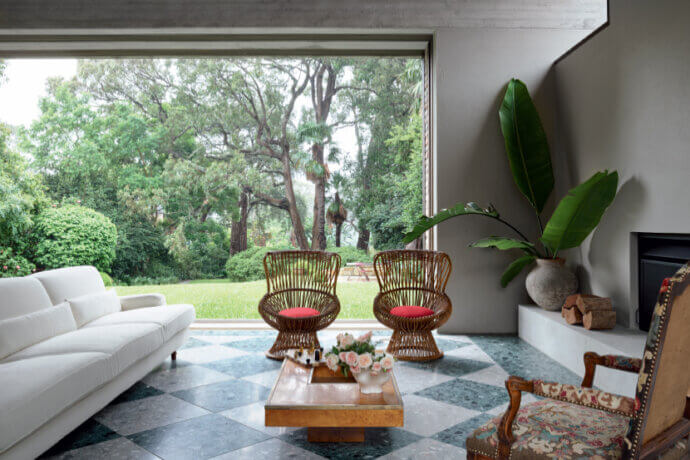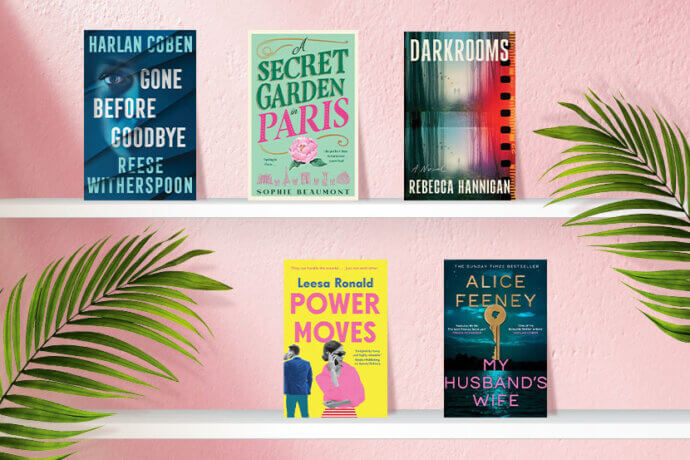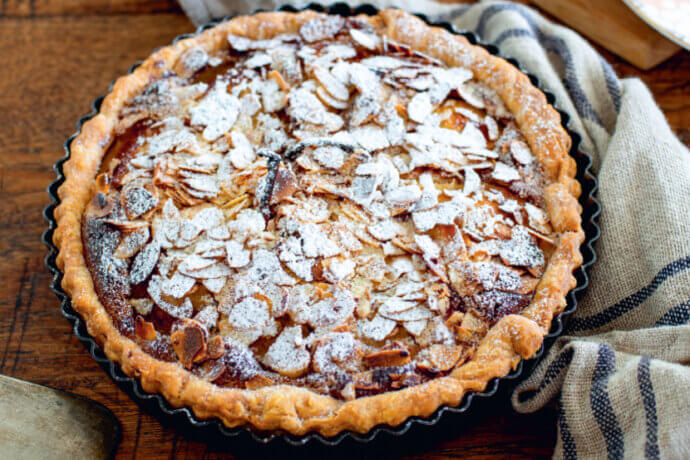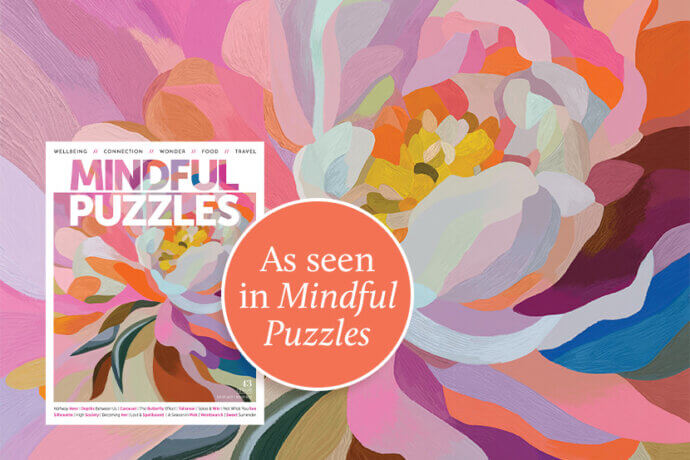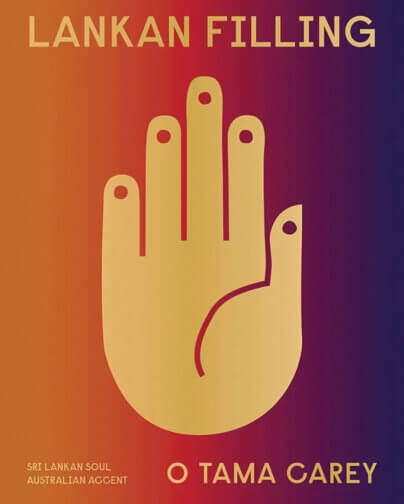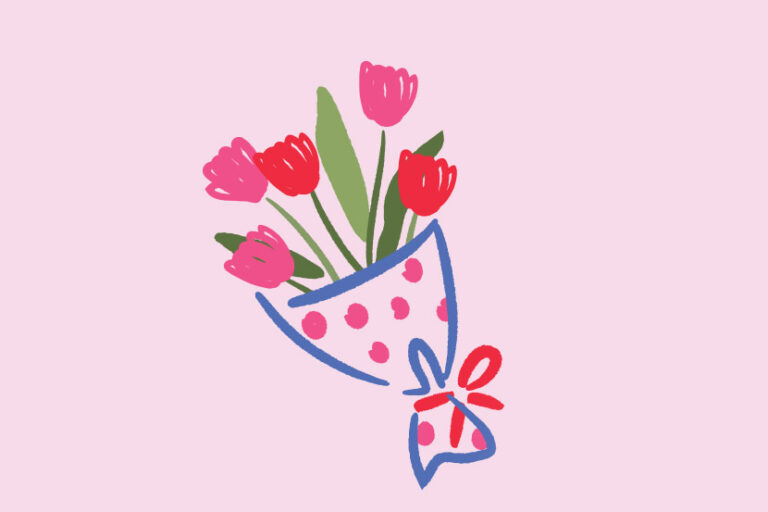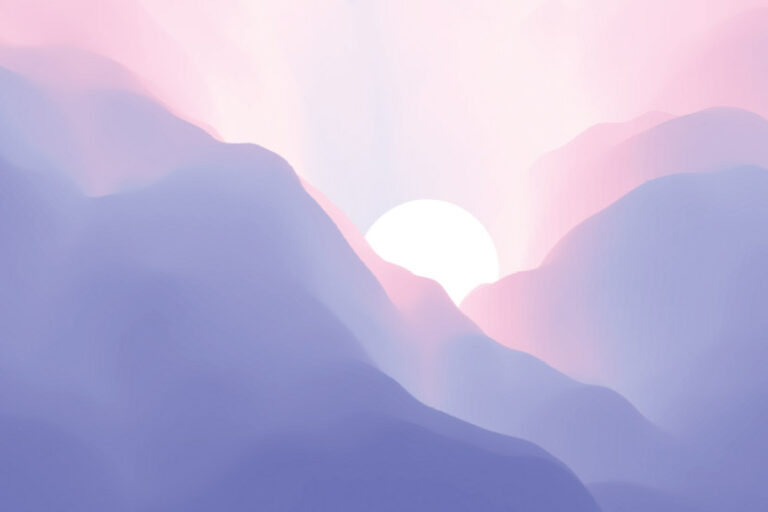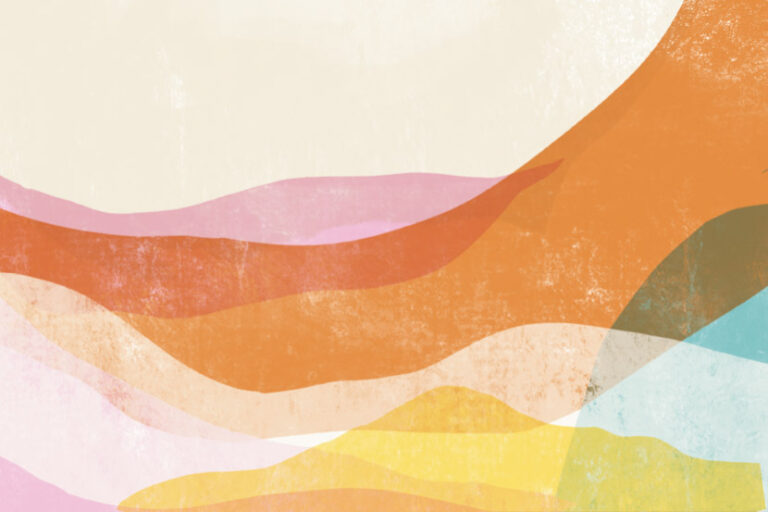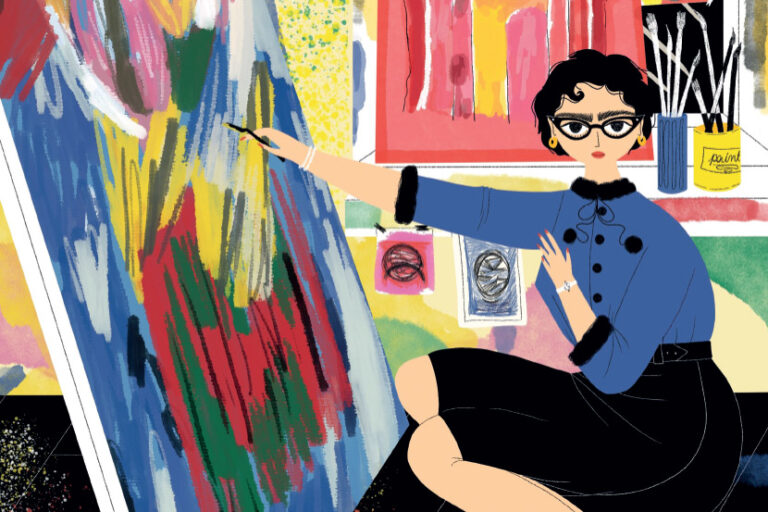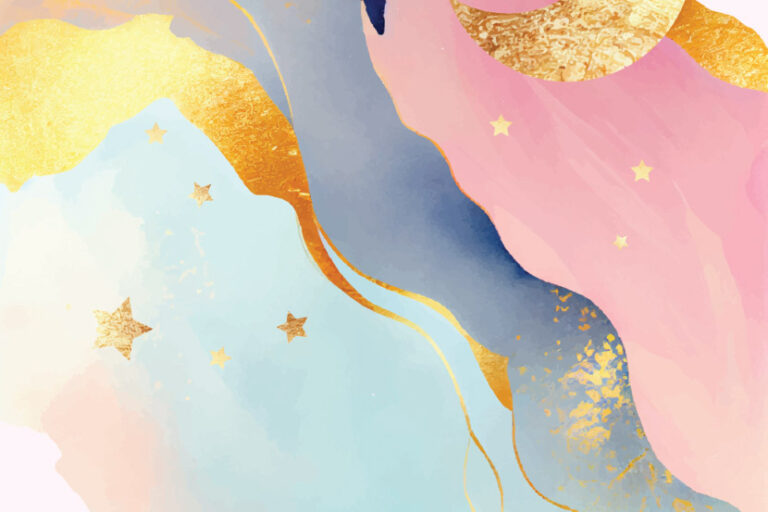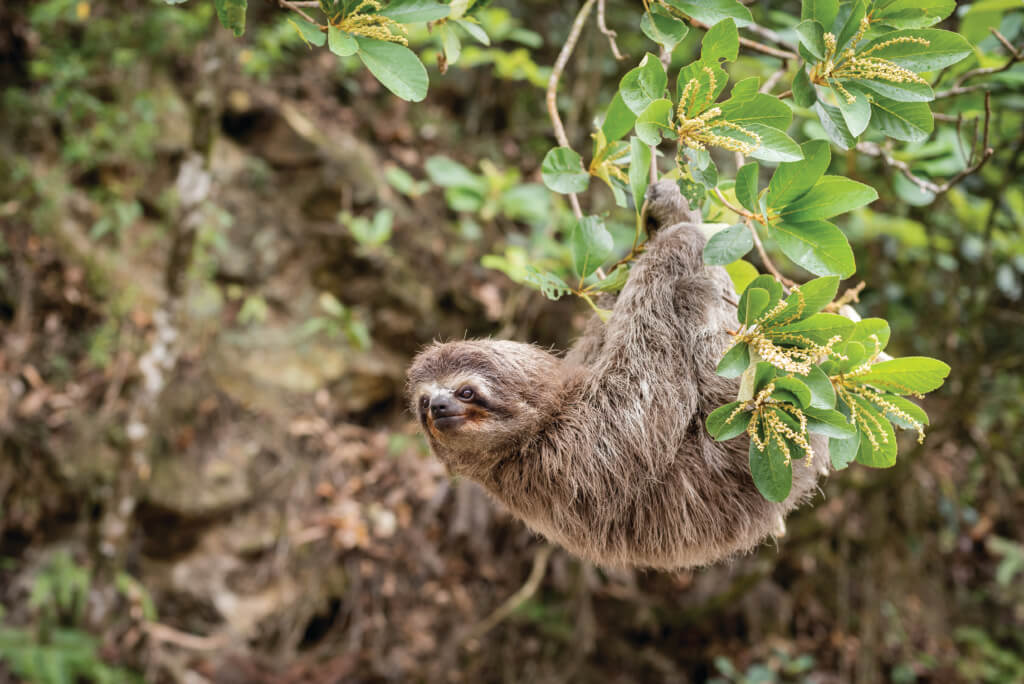
There is a humble wisdom in the art of sloth.
Over the last year many of us have experienced enormous stress and disruption, particularly in light of the impact on working conditions caused by the Coronavirus pandemic. More people have been based at home and many may have found it difficult to focus without the camaraderie of their workmates and the presence of their boss. I’m a freelance writer so operating alone in my guest bedroom/ironing room/storage area/library is nothing new. Self-discipline is essential for getting commissions done on time and completing my daily to-do list gives me great pleasure. Hard work doesn’t frighten me, but I’m a reward-driven person (although some might say I’m just driven). Seeing my name in a by-line is priceless. I’m predominantly a travel writer, and as you can imagine, my usual motivation has been lacking.
I read that Taylor Swift wrote and recorded a new album in the space of three months at home during lockdown. Given I’ve had trouble stringing together a coherent sentence lately, compared to her I’ve felt like a failure. Yet it started me thinking about the way I define success. Throughout my adult life I’ve always equated it with being busy, whether with professional pursuits or personal pastimes. Now, with nothing in the past year turning out the way I envisioned, I’ve had to reassess that.
Embracing inactivity
I realised that while I hadn’t been writing as much, I’d started to actively embrace inactivity – also known as sloth. Sloth, the avoidance of what’s hard, of seeking comfort rather than difficulty, is commonly viewed as a negative characteristic. Yet surprisingly, it was once considered of value. Socrates was a master at it, spending his days lounging around, drinking, and generally corrupting the youth of Athens. After all, how could he come up with some of the world’s greatest philosophical treatises if he all he did was work?
Finding hedonistic activities
Taking a leaf from Socrates’s book (sans alcohol… most of the time), I started to pursue what were, for me, hedonistic activities. It was surprisingly easy once I put my mind to it. As shopping involved suiting up and planning as if to go into battle, I reinvented childhood pastimes such as helping my mother bake cakes, only this time I made the cakes myself. Adult pursuits like meals out with friends were replaced by Skype dinners, where we sat and talked long into the night like excitable teenagers, aided by a glass of wine or two. No one had to worry about drink-driving or getting up early for work the next day. I thought about taking up sewing again but my husband used my best needle to string up the red chillies he grew. They’re hanging from the washing line drying out as I write this.
Some days I sat down to read straight after breakfast and completed any work I had after dinner. On others I lounged on my balcony here in Istanbul, gossiping with my husband about the neighbours. At the end of the day there were items still waiting to be ticked off my inevitable to-do list. Eventually, I gave up on lists altogether. It took the pressure off. I began to measure satisfaction by the quality of my activities, rather than the quantity.
Do less, better
The bathroom could still be messy and the ironing pile huge, but the tricky email I had to write was done. Without knowing it, I was following the advice given by ancient Roman philosopher Marcus Aurelius in his Meditations. He said a lot of what we say and do isn’t essential and we should eliminate time spent on less valuable activities to have more time to tackle the things that really matter. Put simply: do less, better.
When I was younger, time seemed far more elastic and I spent hours doing nothing much. Particularly when I met up with friends to do homework. Weather permitting, we’d lie on the grass in the sun, school books open in front of us. Inevitably we’d roll over and look up at the clouds. As we picked out animal shapes the conversation always turned to boys, mothers, and school. I had a marvellous English teacher called Mrs Rochester who had a wonderfully deep and dramatic speaking voice. Naturally, she taught us Brontë and we speculated endlessly about Mr Rochester, hers I mean, but didn’t dare ask. She talked openly about the saucy bits in Chaucer’s The Canterbury Tales as though we were adults, and we all had a bit of a crush on her.
By the time Chaucer wrote The Parson’s Tale – a treatise focusing on vice and repentance – sloth was firmly numbered among the seven deadly sins. But among the many things we could count profound in past year, are the new possibilities and ways of being we’ve been compelled to recognise. So if you feel like you aren’t achieving anything, but you’ve started to bake, write, or just daydream again, congratulations, you’re engaging in the art of sloth. It’s a form of self-care I think we’ve all overlooked in the past and a way of being we need not be repentant for; a welcome addition to the new normal.
